Zia Mohyeddin on how Shakespeare is so relatable in today’s world
Multifaceted actor, director and theatre guru delves into ‘Why is Shakespeare Shakespeare’
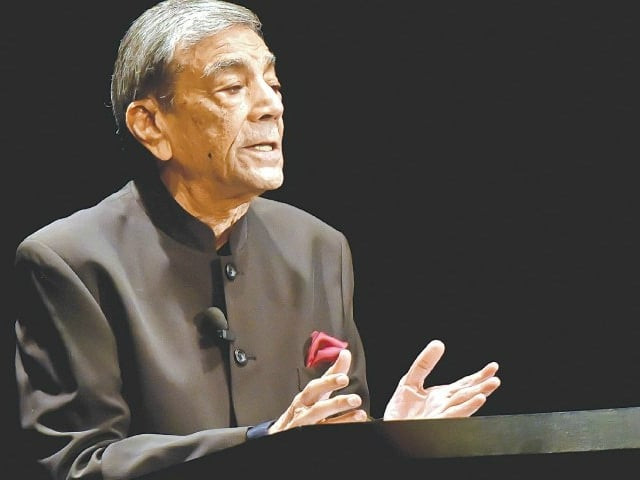
Zia Mohyeddin appeared in both Pakistani and British cinema throughout his career and was last seen in the movie 'Immaculate Conception' in 1991. PHOTO: PUBLICITY
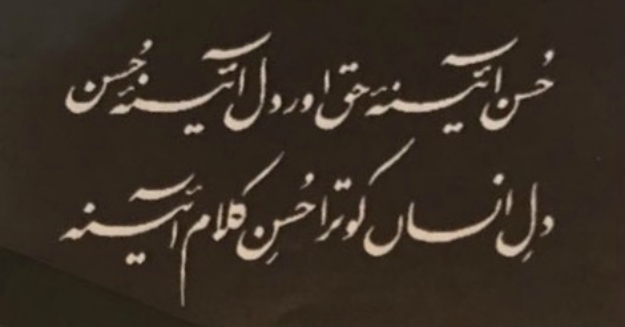 PHOTO: FILE
PHOTO: FILEBut Mohyeddin’s aim for the night was to inform all literature enthusiasts about what makes “Shakespeare uniquely Shakespeare.” Hence, the event was – ever so cleverly – named ‘Why is Shakespeare, Shakespeare.’ He made it clear right at the beginning that legendary British playwright’s work resonates with what it means to be human, sympathises with them, teaches them emotion and was the first one to coin the phrase, “What’s done, is done.”
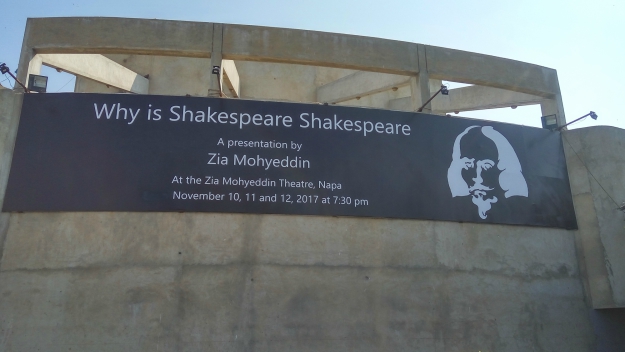 PHOTO: PUBLICITY
PHOTO: PUBLICITYMohyeddin presented excerpts and passages from the great Shakespeare. He first spoke about his time as a student and how a grotesque professor taught him Shakespeare’s plays. The writer then performed a monologue from the famous As You Like It.
‘All the world's a stage
And all the men and women merely players
They have their exits and their entrances,
And one man in his time plays many parts,
His acts being seven ages. At first, the infant,
Mewling and puking in the nurse's arms.
Then the whining schoolboy, with his satchel
And shining morning face, creeping like snail
Unwillingly to school. And then the lover,
Sighing like furnace, with a woeful ballad
Made to his mistress' eyebrow. Then a soldier,
Full of strange oaths and bearded like the pard,
Jealous in honour, sudden and quick in quarrel,
Seeking the bubble reputation
Even in the cannon's mouth. And then the justice,
In fair round belly with good capon lined,
With eyes severe and beard of formal cut,
Full of wise saws and modern instances;
And so he plays his part. The sixth age shifts
Into the lean and slippered pantaloon,
With spectacles on nose and pouch on side;
His youthful hose, well saved, a world too wide
For his shrunk shank, and his big manly voice,
Turning again toward childish treble, pipes
And whistles in his sound. Last scene of all,
That ends this strange eventful history,
Is second childishness and mere oblivion,
Sans teeth, sans eyes, sans taste, sans everything.’
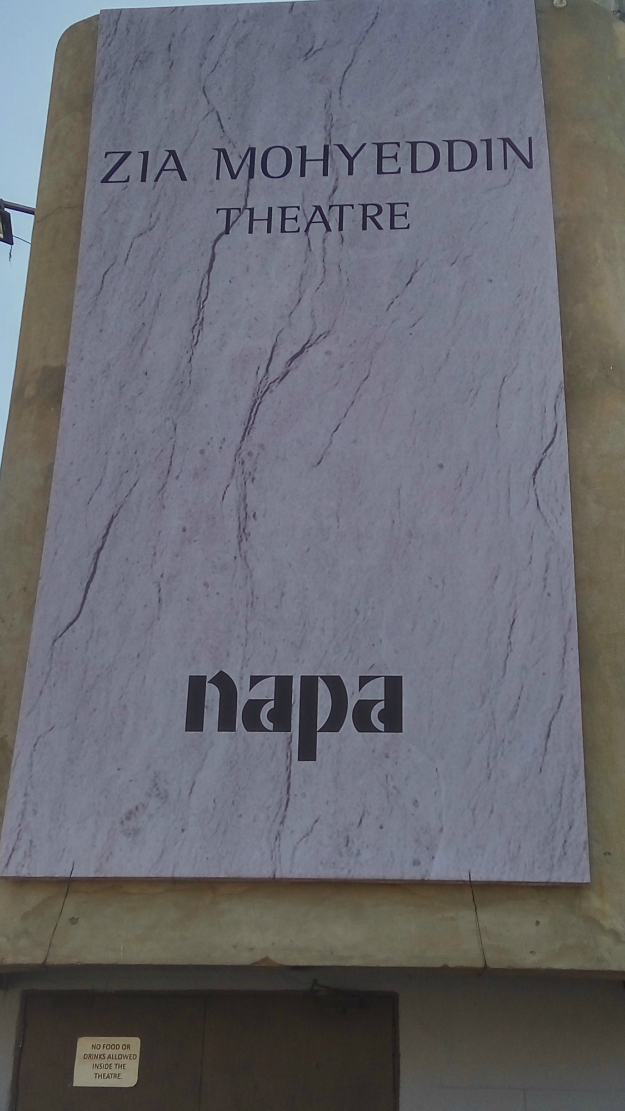 PHOTO: PUBLICITY
PHOTO: PUBLICITYUnable to understand his professor and the monologue at first, Mohyeddin would tease the science students in his school thinking that ‘sans everything’ was actually ‘science everything.’ He laughed at his own childishness saying, “Juvenile humour can be very juvenile.”
The unparalleled Zia Mohyeddin
Moving onto some other plays by Shakespeare, Mohyeddin talked about the tragic Julius Caesar and the speech by Antony that explains that revolution can take a very sharp turn.
‘Friends, Romans, countrymen, lend me your ears;
I come to bury Caesar, not to praise him.
The evil that men do lives after them;
The good is oft interred with their bones;
So let it be with Caesar. The noble Brutus
Hath told you Caesar was ambitious:
If it were so, it was a grievous fault,
And grievously hath Caesar answer’d it.
Here, under leave of Brutus and the rest–
For Brutus is an honourable man;
So are they all, all honourable men–
Come I to speak in Caesar’s funeral.
He was my friend, faithful and just to me:
But Brutus says he was ambitious;
And Brutus is an honourable man.
He hath brought many captives home to Rome
Whose ransoms did the general coffers fill:
Did this in Caesar seem ambitious?
When that the poor have cried, Caesar hath wept:
Ambition should be made of sterner stuff:
Yet Brutus says he was ambitious;
And Brutus is an honourable man.
You all did see that on the Lupercal
I thrice presented him a kingly crown,
Which he did thrice refuse: was this ambition?
Yet Brutus says he was ambitious;
And, sure, he is an honourable man.
I speak not to disprove what Brutus spoke,
But here I am to speak what I do know.
You all did love him once, not without cause:
What cause withholds you then, to mourn for him?
O judgment! thou art fled to brutish beasts,
And men have lost their reason. Bear with me;
My heart is in the coffin there with Caesar,
And I must pause till it come back to me.’
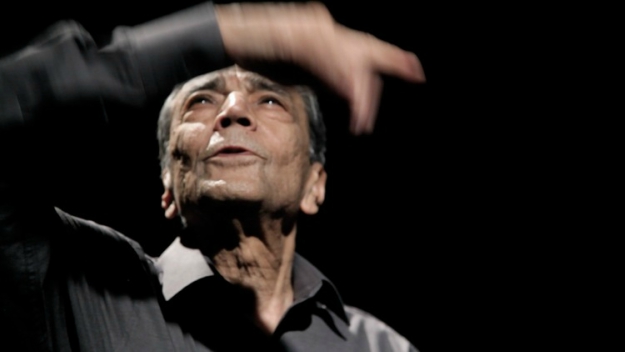
PHOTO: UMAR RIAZ
Mohyeddin proceeded to saying that the policymakers of that time thought creativity in art, especially theatre, could only be possible if the cast was of less than 20 people. They also claimed that the period in which the ideal play sets shouldn’t span 24 hours and would occur in one specific location.
But Shakespeare’s plays didn’t abide to any of that. His plays had large casts, exceeded the span of 24 hours and were set in different locations almost all the time. Hence, he was deemed artless by the people of his time. Little did they know that he would go on to become one of the most famous writers in all of time. As Mohyeddin stated, “Shakespeare’s artlessness is what makes Shakespeare uniquely Shakespeare.”
 PHOTO: BBC
PHOTO: BBCMohyeddin explained that the writer possessed the ability to express many emotions all at the same time. He went onto to say that like all love stories, the fate of the lovers is doomed as was the case in Shakespeare’s tragedy about Romeo and Juliet. “The stroke of death is a lover’s pinch,” he quoted, going on to explain the hidden meaning behind these words. Lovers in today’s day and age now compare their love stories to that created by Shakespeare only to meet an unfortunate end. This is the power of Shakespeare, that even centuries after he was long gone, his work speaks for itself and people all over the world are aware of the permanent mark he has left behind. Not in libraries, but in their hearts and minds.
William Shakespeare : The bard in Urdu, from Lahore to London
The Merchant of Venice - another one of Shakespeare’s popular writings, expresses the quickness of the mind and the fertility of imagination as Mohyeddin described, leading another reason why Shakespeare is one-of-a-kind.
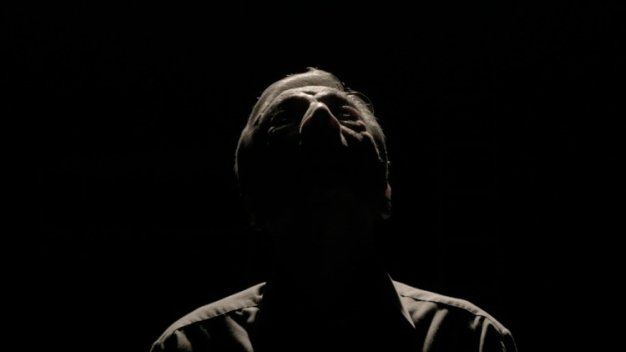 PHOTO: UMAR RIAZ
PHOTO: UMAR RIAZMohyeddin concluded the night with Hamlet. He started off by saying, “Hamlet’s tragedy is within himself.” He explained that Hamlet is in a constant war with himself, much like all of us. And yet, he’s also so different. Shakespeare demonstrates another form of human suffering, taking us back to Mohyeddin’s claim that he sympathises with humans. “Hamlet is in all of us,” he says.
Mohyeddin confirmed that the celebrated poet was very much in touch with human emotion. He used his art to make people feel and connected with their despair and suffering. What does a broken heart want after all, but a friendly ear to listen to and some empathy… and Shakespeare managed to do just that. Mohyeddin claimed that Shakespeare “crystallised thoughts into unforgettable tales.” He closed his act saying, “There’s nothing more sublime than Shakespeare.”
Have something to add to the story? Share in the comments below.






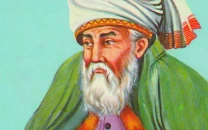












COMMENTS
Comments are moderated and generally will be posted if they are on-topic and not abusive.
For more information, please see our Comments FAQ